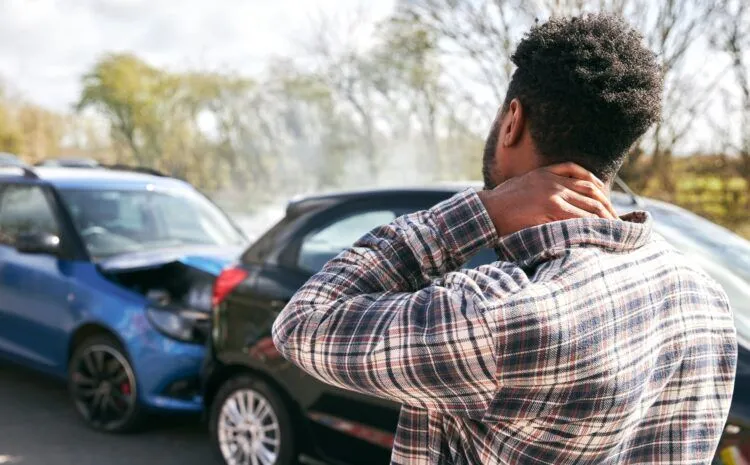
Our skilled Indiana car accident lawyer understands that being injured in a car accident can leave us with unexpected medical expenses. The question of who is responsible for paying those bills depends on several factors, including the type of insurance coverage available, who was at fault, and state laws. Understanding how these costs are covered can help us take the right steps after an accident.
Health Insurance And Medical Payments Coverage
In many cases, our own health insurance can cover medical treatment after a car accident. If we have private health insurance, Medicaid, or Medicare, they may pay for doctor visits, hospital stays, and other necessary treatments. However, we are still responsible for deductibles, copays, and any out-of-pocket expenses required by our policy.
Some auto insurance policies include Medical Payments (MedPay) coverage, which helps pay medical bills regardless of fault. MedPay typically covers immediate costs like ambulance fees and emergency care, but it has a coverage limit. Once that limit is reached, any remaining costs may need to be paid through other means.
The At-Fault Driver’s Insurance
If another driver caused the accident, their liability insurance should cover our medical expenses. Drivers are required to carry a minimum amount of liability insurance, which includes coverage for bodily injury. However, this process isn’t always immediate. Insurance companies often take time to investigate claims before making payments.
Because medical bills don’t wait, we may need to rely on our health insurance or MedPay while the claim is being processed. If the at-fault driver’s insurance eventually pays, it may reimburse us or our insurance provider for what has already been covered.
Uninsured And Underinsured Motorist Coverage
Not all drivers carry enough insurance—or any at all. If the at-fault driver is uninsured or does not have enough coverage to pay for our medical bills, we may need to turn to our own auto insurance policy.
Many insurance policies offer Uninsured/Underinsured Motorist (UM/UIM) coverage, which helps cover expenses when the other driver lacks sufficient insurance. If we have this coverage, it can step in to pay for medical treatment up to the policy limits.
Out-of-Pocket Costs And Legal Options
Even with insurance, we may still face out-of-pocket expenses. Deductibles, copays, and medical costs that exceed policy limits can add up quickly. If the accident was caused by another driver, we may have the right to pursue compensation through a personal injury claim.
A successful claim can help recover the costs of medical treatment, lost wages, and other damages related to the accident.
Take Action To Protect Your Rights
Medical bills after a car accident can be overwhelming, but there are options to cover the costs. Depending on the situation, we may rely on health insurance, MedPay, at-fault driver’s insurance, or UM/UIM coverage. If those options aren’t enough, pursuing a legal claim may be necessary. If you’ve been injured in an accident and are facing medical expenses, don’t wait to explore your legal options. Contact our experienced team at Ward & Ward Personal Injury Lawyers today to discuss your case and learn how we can help you move forward. Start your legal journey toward compensation today!


